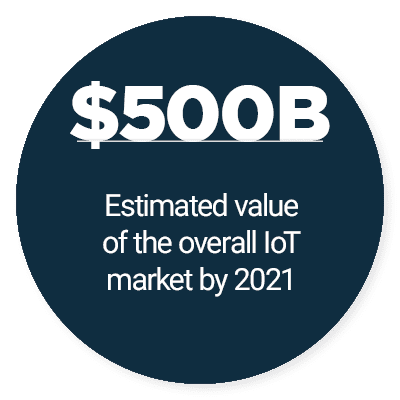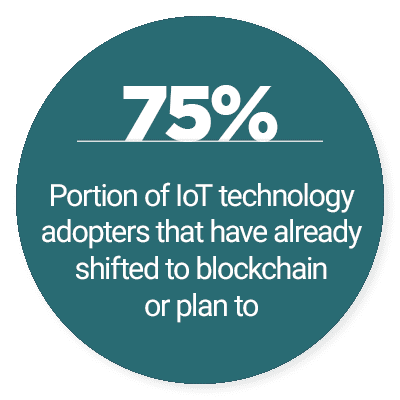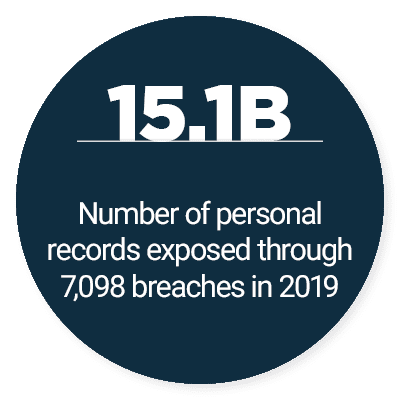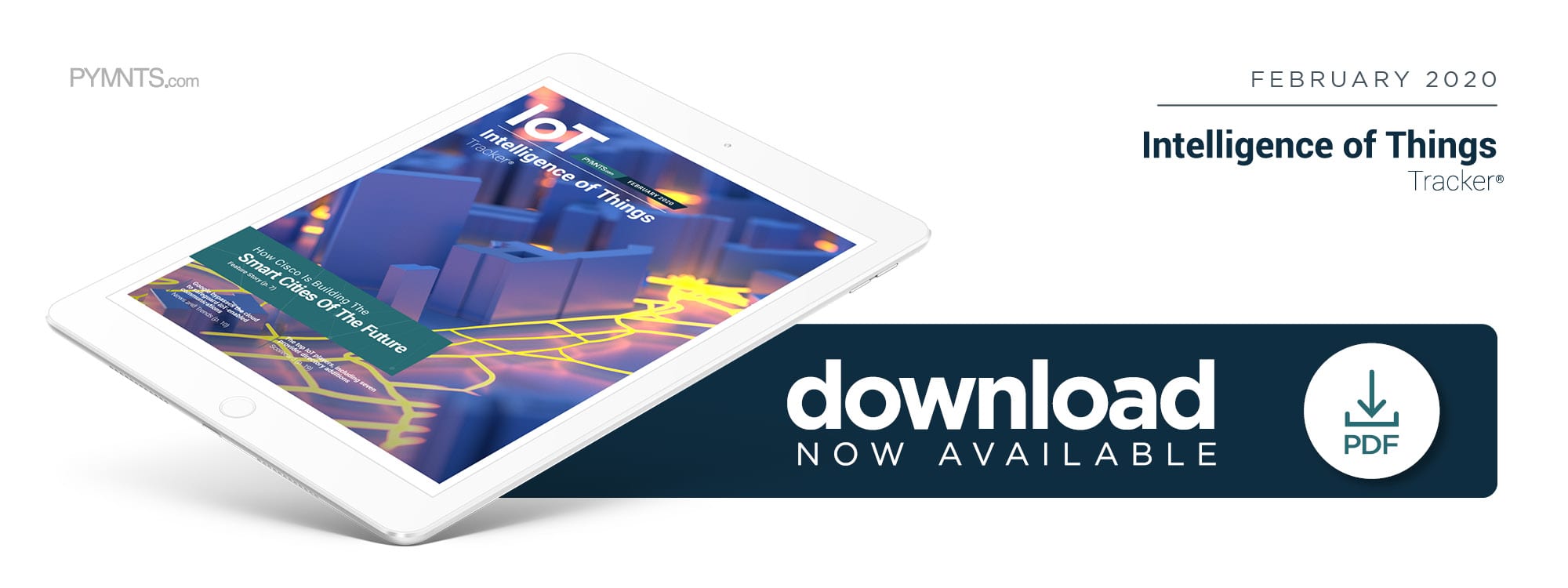Cisco On The Future Of Safe And Smart Cities

With some analysts projecting a trillion IoT-enabled devices to be in use around the world by 2035, defending the IoT ecosystem is becoming more crucial as emerging technologies spread across business sectors and spark the development of smarter cities, homes and automobiles.
 In the February Intelligence of Things Tracker, PYMNTS examines how connecting devices can promote efficiency, optimized operations and streamlined organizational structures — but doing so can also create favorable data breach conditions for fraudsters. Information technology (IT) professionals are tapping emerging technologies like blockchain and more to protect against hackers.
In the February Intelligence of Things Tracker, PYMNTS examines how connecting devices can promote efficiency, optimized operations and streamlined organizational structures — but doing so can also create favorable data breach conditions for fraudsters. Information technology (IT) professionals are tapping emerging technologies like blockchain and more to protect against hackers.
Across the Intelligence of Things (IoT) Space
Concern about the IoT ecosystem’s vulnerability to hackers was underscored by recent reports that 2019 marked a record high for data breaches, far surpassing industry estimates. One study reported that 7,098 breaches exposed 15.1 billion records last year, calling it “the worst year on record” and noting that the number of records exposed was 284 percent higher than in 2018. The information and healthcare sectors suffered the highest number of breaches, the report found.
Some firms consider blockchain to be a sound digi tal solution for their IoT communication needs, despite inflated expectations. A recently report noted that 75 percent of IoT technology adopters have either shifted to blockchain or are planning to do so by the end of this year. The pharmaceutical, healthcare and transportation sectors are among blockchain’s early adopters, and 63 percent of respondents cited security and trust as main reasons for adopting the technology. Industry analysts say food services could also benefit from blockchain, cutting food supply chain costs by an estimated $31 billion in four years.
tal solution for their IoT communication needs, despite inflated expectations. A recently report noted that 75 percent of IoT technology adopters have either shifted to blockchain or are planning to do so by the end of this year. The pharmaceutical, healthcare and transportation sectors are among blockchain’s early adopters, and 63 percent of respondents cited security and trust as main reasons for adopting the technology. Industry analysts say food services could also benefit from blockchain, cutting food supply chain costs by an estimated $31 billion in four years.
While some companies are using IoT applications to protect their operations, others are tapping it to improve market share. Competition is what Beijing-based Luckin Coffee had in mind when it launched its unmanned EXPRESS coffee machine and Luckin Pop Mini smart vending offerings. The company outfitted the devices with IoT and facial recognition technologies and placed them in airports, gas stations and office buildings, among other locations. Lucki n Coffee mainly sells its coffee through pickup- and delivery-only stores, with customers placing orders through its mobile app.
n Coffee mainly sells its coffee through pickup- and delivery-only stores, with customers placing orders through its mobile app.
Cisco Uses IoT Security To Build Smart Cities
It is projected that the global IoT smart cities market will reach $219.6 billion in three years, up from its 2018 value of $79.5 billion. Producing networks that safely and swiftly direct heavy data flows between disparate networks in smart city projects is no small feat, however, and providers’ success hinges on navigating the challenges of coordinating different services. In this month’s Feature Story, Vikas Butaney, vice president of product management at Cisco, explains why security is smart city developers’ top priority and how the technology and software solutions provider’s new Cyber Vision offering gives clients comprehensive security architecture to keep up expansion efforts.
About The Tracker
The Intelligence of Things Tracker showcases companies leading the way in all aspects of IoT.
